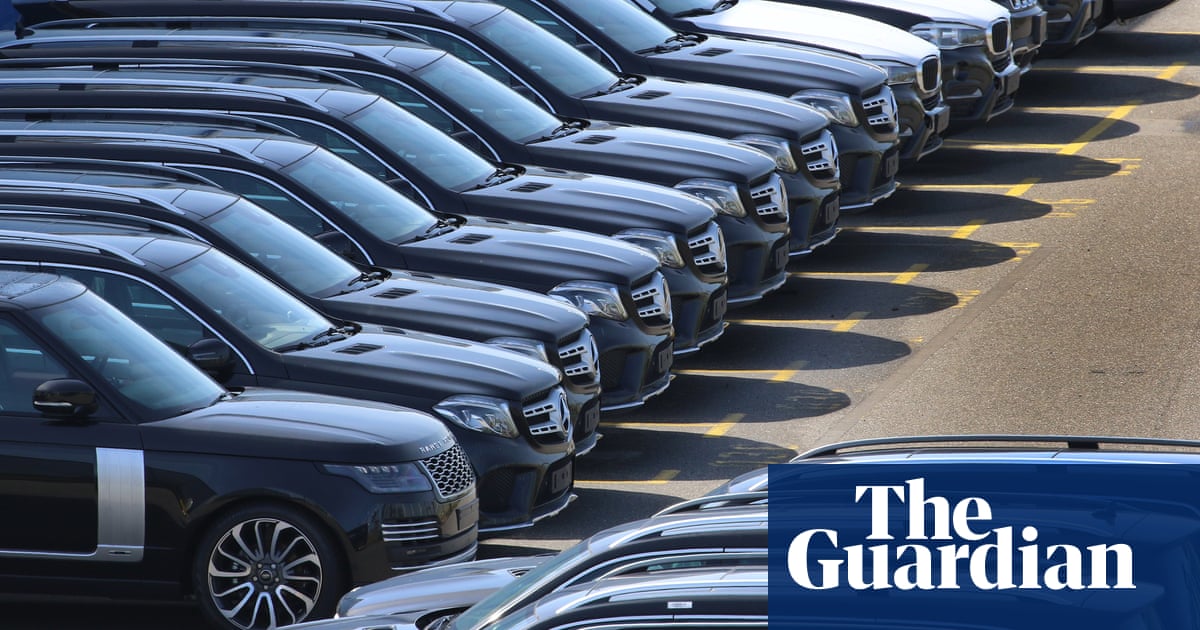PALM BEACH, Florida – US President Donald Trump said on Feb 18 that he intends to impose auto tariffs “in the neighbourhood of 25 per cent” and similar duties on semiconductors and pharmaceutical imports, the latest in a series of measures threatening to upend international trade.
Mr Trump on Feb 14 said levies on automobiles would come as soon as April 2, the day after members of his Cabinet are due to deliver reports to him outlining options for a range of import duties as he seeks to reshape global trade.
Mr Trump has long pointed to what he calls unfair treatment of US automotive exports in foreign markets.
The European Union, for instance, collects a 10 per cent tariff on vehicle imports, four times the US passenger car tariff rate of 2.5 per cent.
The US, though, collects a 25 per cent tariff on imported pickup trucks from countries other than Mexico and Canada, a tax that makes the vehicles highly profitable for Detroit automakers.
EU trade chief Maros Sefcovic was set to meet US counterparts – Commerce Secretary Howard Lutnick, Mr Trump’s nominee to be US trade representative Jamieson Greer and National Economic Council director Kevin Hassett – in Washington on Feb 19 to discuss the various tariffs threatened by Mr Trump.
When asked whether the EU could avoid the reciprocal tariffs he proposed last week, Mr Trump repeated his claim that the EU had already signalled it would lower its tariffs on US cars to the US rate, although EU lawmakers have denied doing so.
He said he would press EU officials to increase US imports of cars and other products.
Mr Trump told reporters on Feb 18 that sectoral tariffs on pharmaceuticals and semiconductor chips would also start at “25 per cent or higher, and it will go very substantially higher over the course of a year”.
He did not provide a date for announcing those duties and said he wanted to provide some time for drugmakers and chipmakers to set up US factories so that they can avoid tariffs.
Since his inauguration, Mr Trump has imposed a 10 per cent tariff on all imports from China, on top of existing levies, over China’s failure to halt fentanyl trafficking.
He also announced, and then delayed for a month, 25 per cent tariffs on goods from Mexico and non-energy imports from Canada.
He has also set a March 12 start date for 25 per cent tariffs on all imported steel and aluminium, eliminating exemptions for Canada, Mexico, the EU and other trading partners.
Mr Trump also announced that these tariffs would apply to hundreds of imported downstream products made of steel and aluminium, from electrical conduit tubing to bulldozer blades.
Last week, he directed his economic team to devise plans for reciprocal tariffs that match the tariff rates of every country, product by product.
Shelved car tariffs
An auto import tariff of 25 per cent would be a game changer for a global auto industry that is already reeling from uncertainty caused by Mr Trump’s tariff drama.
A similar drama played out in 2018 and 2019 during Mr Trump’s first term, when the Commerce Department conducted a national security investigation into auto imports and found that they weakened the domestic industrial base.
Mr Trump had threatened car tariffs of 25 per cent at that time, but ultimately took no action, allowing the tariff authority from that probe to expire.
But some of the research that went into the 2018 investigation may be reused or updated as part of a new automotive tariff effort. REUTERS
https://www.straitstimes.com/world/...ns-25-auto-tariffs-to-reshape-us-trade-policy

